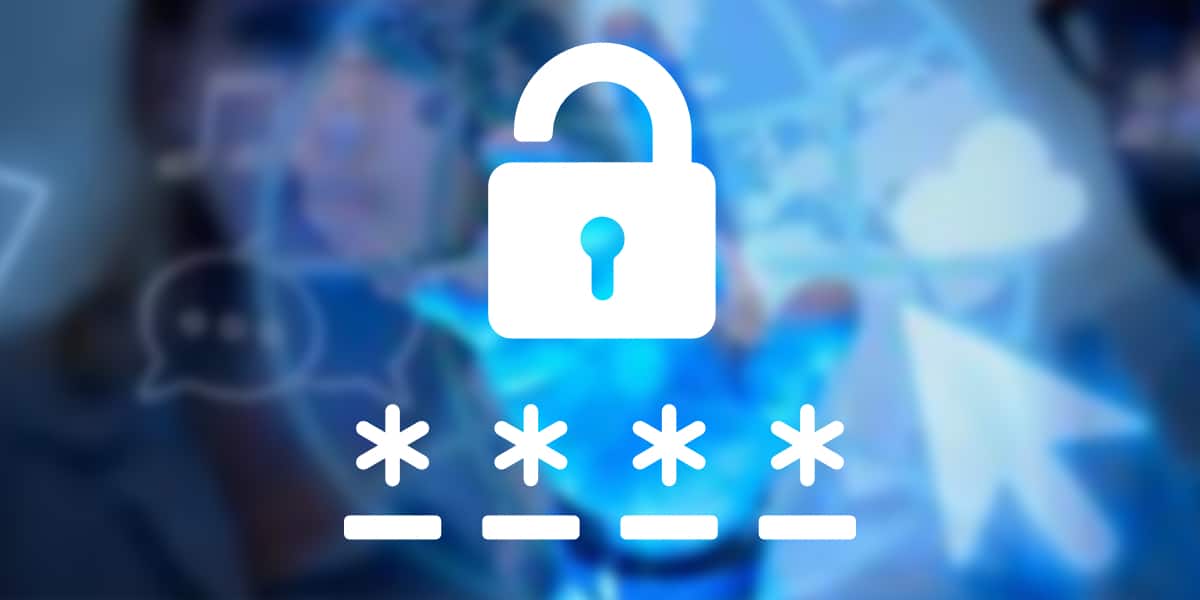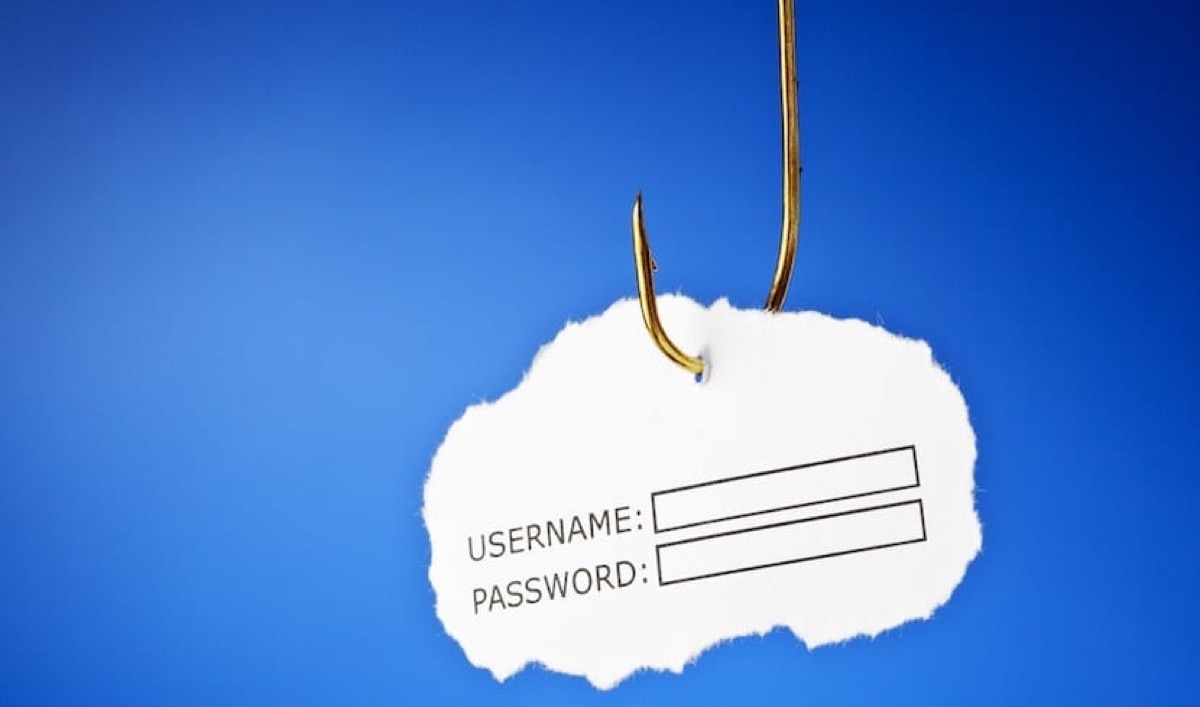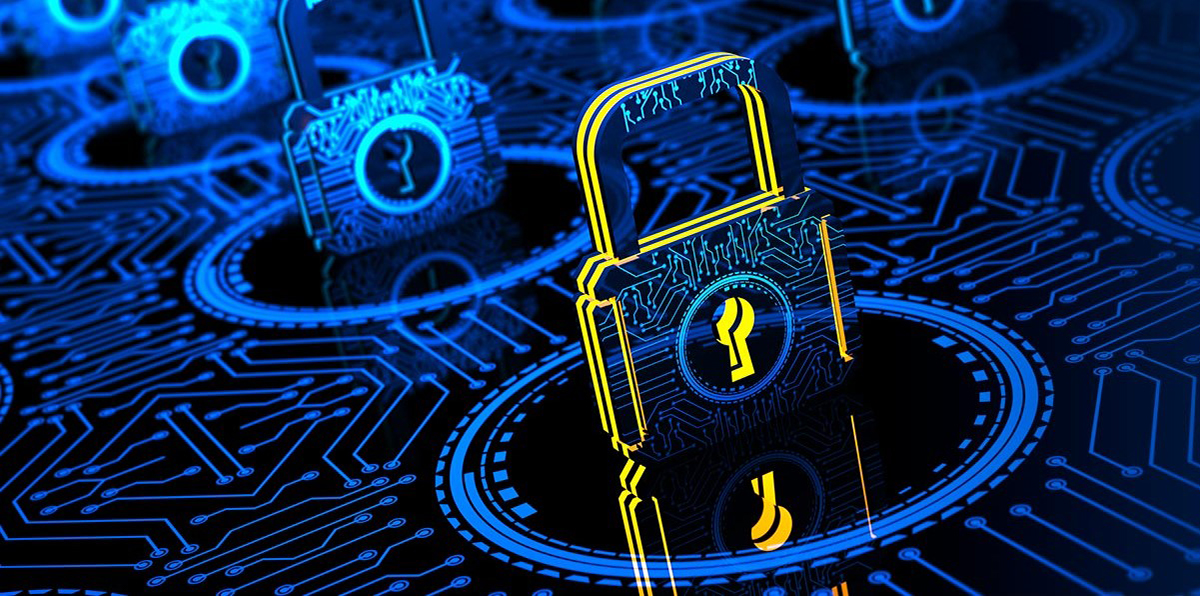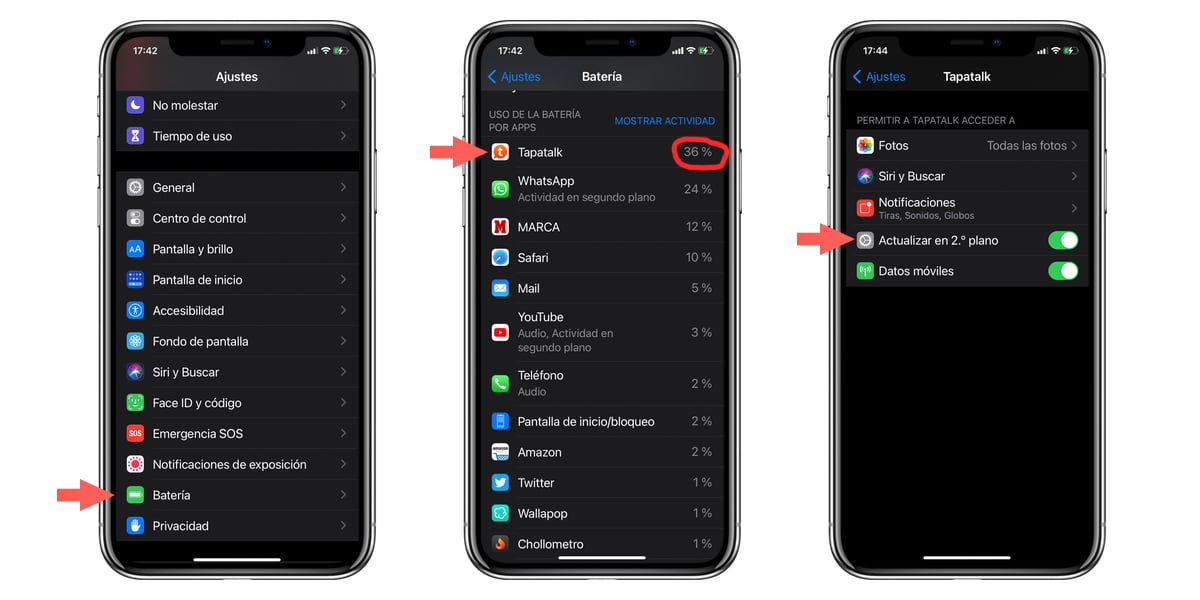
To begin with, it may seem strange to put iPhone and viruses in the same sentence. If the entire ecosystem designed and developed by Apple is famous for something, it is its security and privacy. But as we well know, in the world of digital and technology, there is nothing impossible. It is clear that the chances of having some type of malware or intrusion on iPhone is less than in other operating systems, but it is something that can never be 100% assured.
Although Windows or Android are the systems most prone to having these types of problems, largely due to the fact that they are open source operating systems, which are implemented in a multitude of models from different manufacturers. They are also systems with many, many more users globally. However, although iPhone has greater protection in this regard as it is a closed system. Even so it has some vulnerabilities that can be exploited. In this article we are going to discover how to detect and solve them.
What is a virus?

The Internet is a huge source of data and information that we benefit from in our day-to-day lives, but it is also a world full of people who want to take advantage of their freedom to do harm. Users tend to use the word "virus" quite frequently to refer to any type of unwanted software but technically this is not the case, this term refers to a software that first infects our computer, then enters some installed programs and then propagates self-replicating.
What we want to get to is that a virus is the least frequent that usually affects us on a day-to-day basis and are especially rare on smartphones. But for those who can least understand about the subject, it is much easier to classify all malware as viruses.
What viruses are the most frequent or common today?
Phishing
At present, the phishing attack or identity impersonation. This is when a person is misled with misleading advertising to transfer your personal or confidential data either by mail or a website. They are common on iOS but also on other platforms, since these do not require any type of application or installation.

For example: We can see what looks like a login screen for our email, apparently official of Hotmail or Gmail, but that in reality it has been created by a hacker in order to get our email and password. In this way not only They will have access to our email, also to all the services or personal data that we have associated with to usurped mail. Since with password recovery they can change the password of any other platform.
Smishing
We have also been able to see a lot of smishing which is pishing Through messaging, such as Facebook Messenger, WhatsApp or even SMS. Victims receive what may seem like a message from a well-known company offering some kind of service or offer at a great price, with a link for us to access. By accessing this link you are directed to a false website, created by and to steal relevant information from us, either our password or Bank data, or some type of download of a program that has the same purpose.

Other viruses
There are also risks that some pop-up ads in some web pages, that jump to us on the screen with the claim of an offer, a problem in our terminal that we must fix or even saying that we have been awarded for being the thousandth visitor.
All of them invite you to click on their link, which either causes your phone to go into a loop linking many websites that with this they manage to gain visits fraudulently.
How to know if my iPhone has a virus
It is really difficult to know if we have a real virus or are they abnormal operations by the system itself or some corrupt app. Most people think they have a virus when the terminal gets hot, malfunctioning applications or a battery that does not perform as before.

Every user of any type of terminal wants to know why his terminal does not perform or does not behave as before, but Unless you have hacked your terminal by performing a Jailbreak it is very unlikely that you have a real virus in your iPhone. The "antivirus" that we see in the Apple store are nothing more than substitutes that the only thing they are going to achieve is to consume our battery and our time.
Solutions
There is no Antivirus as such in the iPhone, so we do not have a feasible method to know if what we suffer is a virus or another problem, what we can do is go to «Settings», we look for the option "Drums". In this section we will reflect the battery consumed in detail by application, if we see that an application is using more battery than normal, it could be the cause that your terminal is suffering a performance change.

In these captures we can see how Tapatalk has an abnormal battery drain, since the last iOS update.
We have two options, uninstall that application and reinstall it, or enter «Settings» To search for said application and remove some permissions, the most common would be to prevent it from being constantly updated in background, something that can cause poor performance and high battery consumption.
Precautions to avoid a virus
We find a wide variety of security applications for iPhone, but none of them is focused on Malware. Because really if you refrain from fiddling with the operating system and only stick to downloading applications from the Apple App Store, it is very difficult for you to have a virus.
With what if we must be careful is with the aforementioned phishing or smishing, which we should avoid always taking precautions when opening strange emails or messages. Always pay attention to the fact that a padlock appears in the address bar of our browser at the time of putting our keys.
Avoid jailbreak
If what we want is to be 100% sure that we do not suffer any type of malware that endangers our information, do not consider at any time unlocking the terminal with Jailbreak. This may seem attractive for the benefits it has for the user, but it can be used by people who want to take advantage of this to steal information from us. As we would be out of Apple's coverage.